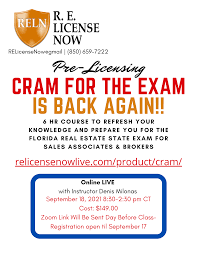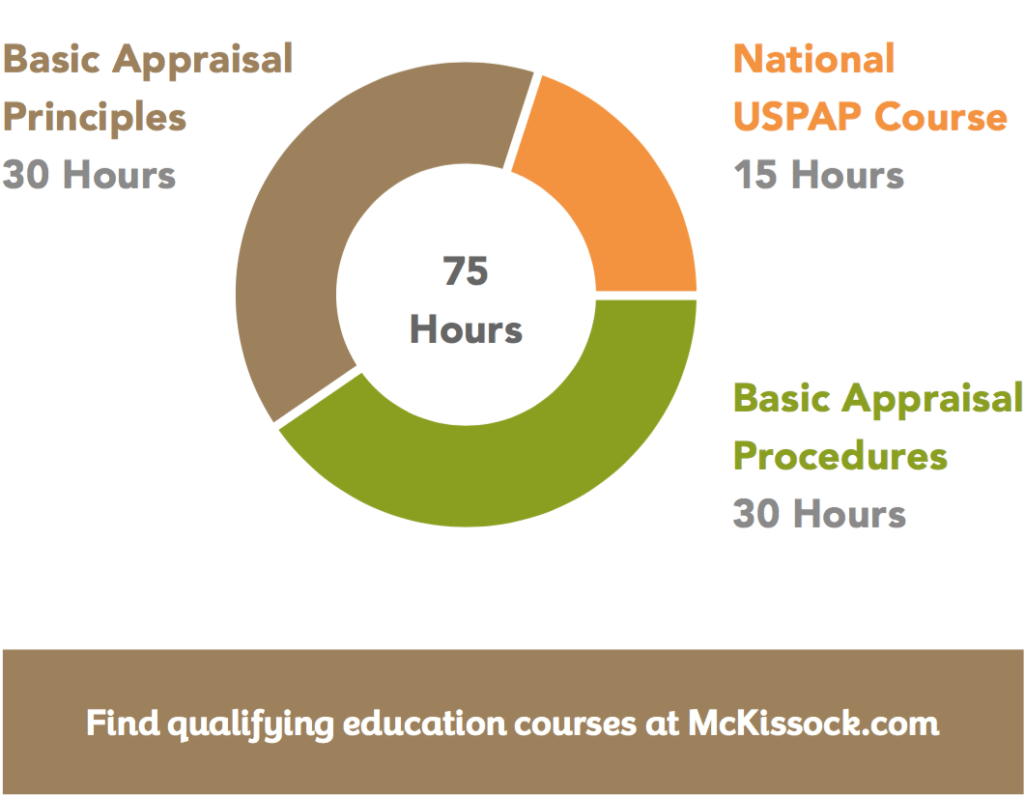
Upnest is an agent-matching service that allows homebuyers and sellers to search online for agents by providing basic information regarding the property they are looking to purchase or sell. Upnest compiles a variety of competing offers from local agents, and the home buyer/seller can choose which one they prefer.
The artificial competition among agents encourages them to offer lower commission rates and discounts on other services. This can help buyers or sellers save money. UpNest can't guarantee these savings. UpNest reviews have shown that some customers were disappointed with their savings.
UpNest charges no fees but agents must pay a referral charge after a client completes a transaction through UpNest. This is a lower rate than some other agent matching services, but it's still an upfront cost to the agent.
Referring an Agent
Like most agent matching services, UpNest requires agents to sign up for the service and meet certain requirements. Agents must have a valid real estate license and be familiar with the local area they are serving. Agents should also be up-to-date with UpNest's "Client first" philosophy and responsive to clients.

Matching Agents
UpNest checks each agent to verify that they are meeting their performance standards. This helps ensure that you're matched with a top-performing real estate agent who can help you find the right property.
Proposals must also contain the agent's sales history on the local market as well as their listing fees. This information is vital when searching for a house to buy or to sell.
Agent Quality is often emphasized
UpNest customers were mostly satisfied with the quality and service they received. They often said that the agent was friendly and made it as easy as possible.
UpNest reviews claim that their matched agent wasn't easy to reach and doesn't offer great customer service. They also reported that their matched agent was inactive or declined to show them properties when they requested it.
Spotty Customer Service
UpNest's website and customer service representatives are generally unresponsive to queries. This can be frustrating if there is a deadline or a problem that requires immediate attention. UpNest's support agents are not licensed to offer advice or negotiate real estate contracts. This is why it's crucial to prepare for your own negotiations and work with the matched agent.

The Best Calling Card from Upnest? Rebates
UpNest is known for their home buyer rebates. These rebates, which can add thousands to your real property transaction, are a huge draw for many consumers.
These rebates, like many agent matching services, are not guaranteed and may not always occur. Even if they do happen, the amount you get back may be very small. A rebate will not be given if your house doesn't sell. So, it's important to check with your matched agent about their policy on rebates before agreeing to a deal.
FAQ
What are the top three factors in buying a home?
When buying any type or home, the three most important factors are price, location, and size. Location refers to where you want to live. The price refers to the amount you are willing to pay for the property. Size refers to the space that you need.
What are the downsides to a fixed-rate loan?
Fixed-rate loans have higher initial fees than adjustable-rate ones. A steep loss could also occur if you sell your home before the term ends due to the difference in the sale price and outstanding balance.
How much money do I need to purchase my home?
This can vary greatly depending on many factors like the condition of your house and how long it's been on the market. According to Zillow.com, the average home selling price in the US is $203,000 This
Statistics
- Based on your credit scores and other financial details, your lender offers you a 3.5% interest rate on loan. (investopedia.com)
- It's possible to get approved for an FHA loan with a credit score as low as 580 and a down payment of 3.5% or a credit score as low as 500 and a 10% down payment.5 Specialty mortgage loans are loans that don't fit into the conventional or FHA loan categories. (investopedia.com)
- This means that all of your housing-related expenses each month do not exceed 43% of your monthly income. (fortunebuilders.com)
- This seems to be a more popular trend as the U.S. Census Bureau reports the homeownership rate was around 65% last year. (fortunebuilders.com)
- The FHA sets its desirable debt-to-income ratio at 43%. (fortunebuilders.com)
External Links
How To
How to purchase a mobile home
Mobile homes are houses constructed on wheels and towed behind a vehicle. They have been popular since World War II, when they were used by soldiers who had lost their homes during the war. Mobile homes are still popular among those who wish to live in a rural area. Mobile homes come in many styles and sizes. Some houses are small, others can accommodate multiple families. There are some even made just for pets.
There are two main types for mobile homes. The first type of mobile home is manufactured in factories. Workers then assemble it piece by piece. This happens before the product can be delivered to the customer. You could also make your own mobile home. You'll need to decide what size you want and whether it should include electricity, plumbing, or a kitchen stove. You will need to make sure you have the right materials for building the house. To build your new home, you will need permits.
These are the three main things you need to consider when buying a mobile-home. You might want to consider a larger floor area if you don't have access to a garage. A larger living space is a good option if you plan to move in to your home immediately. Third, you'll probably want to check the condition of the trailer itself. Problems later could arise if any part of your frame is damaged.
It is important to know your budget before buying a mobile house. It is important that you compare the prices between different manufacturers and models. Also, consider the condition the trailers. While many dealers offer financing options for their customers, the interest rates charged by lenders can vary widely depending on which lender they are.
An alternative to buying a mobile residence is renting one. Renting allows you to test drive a particular model without making a commitment. Renting isn’t cheap. The average renter pays around $300 per monthly.